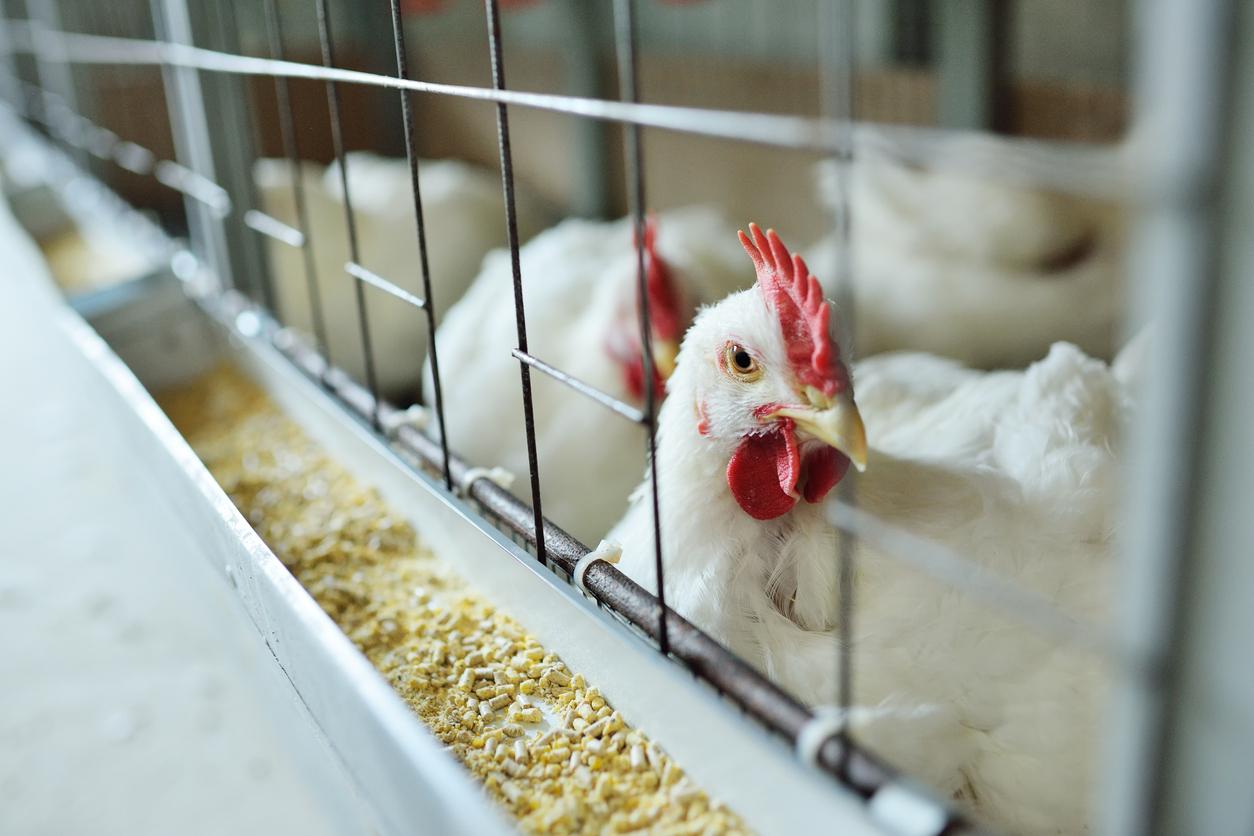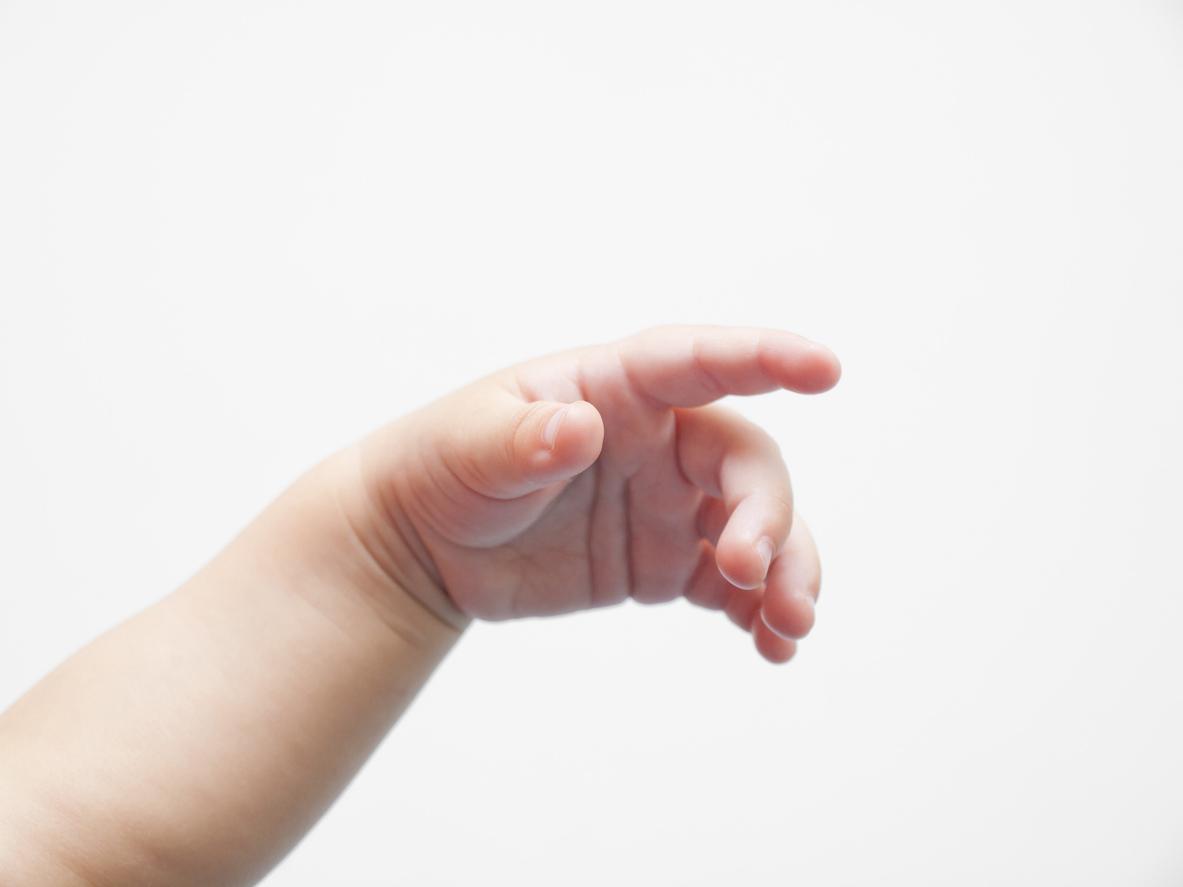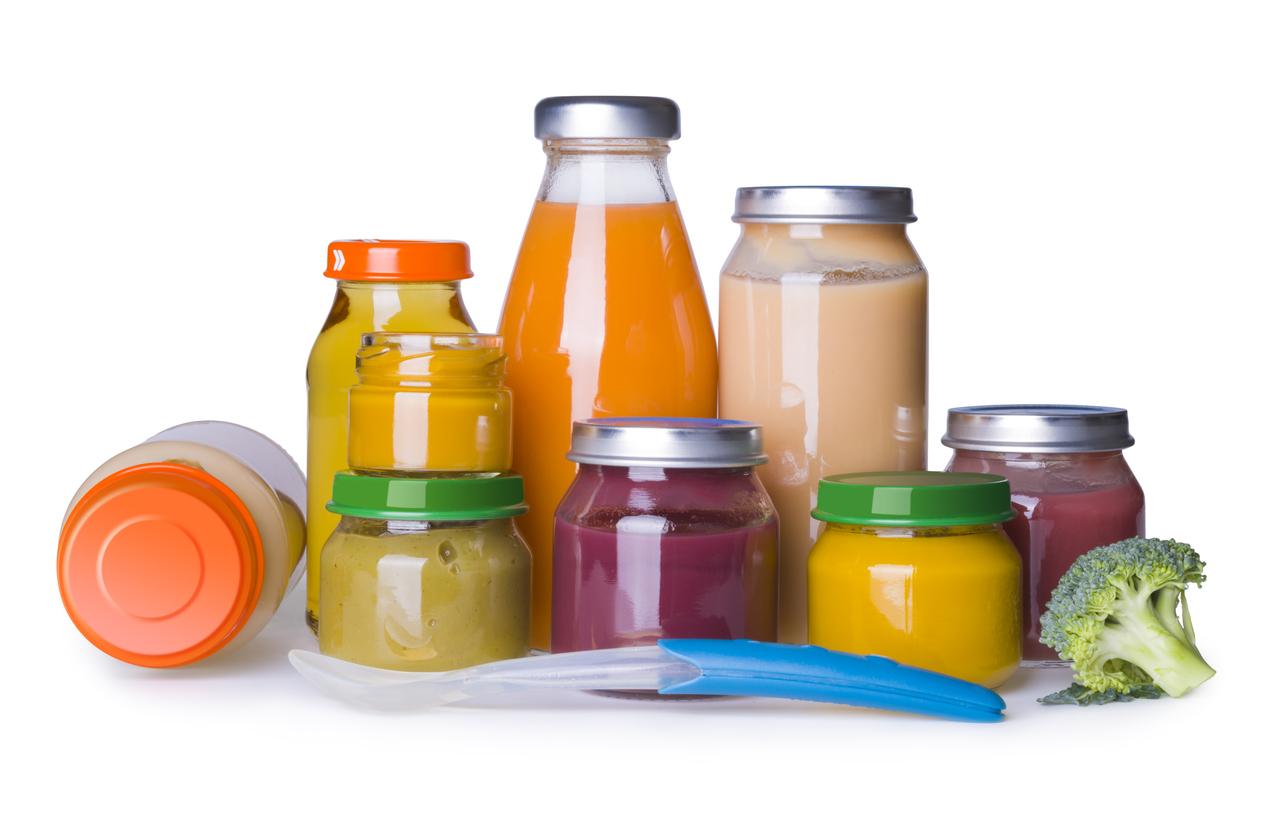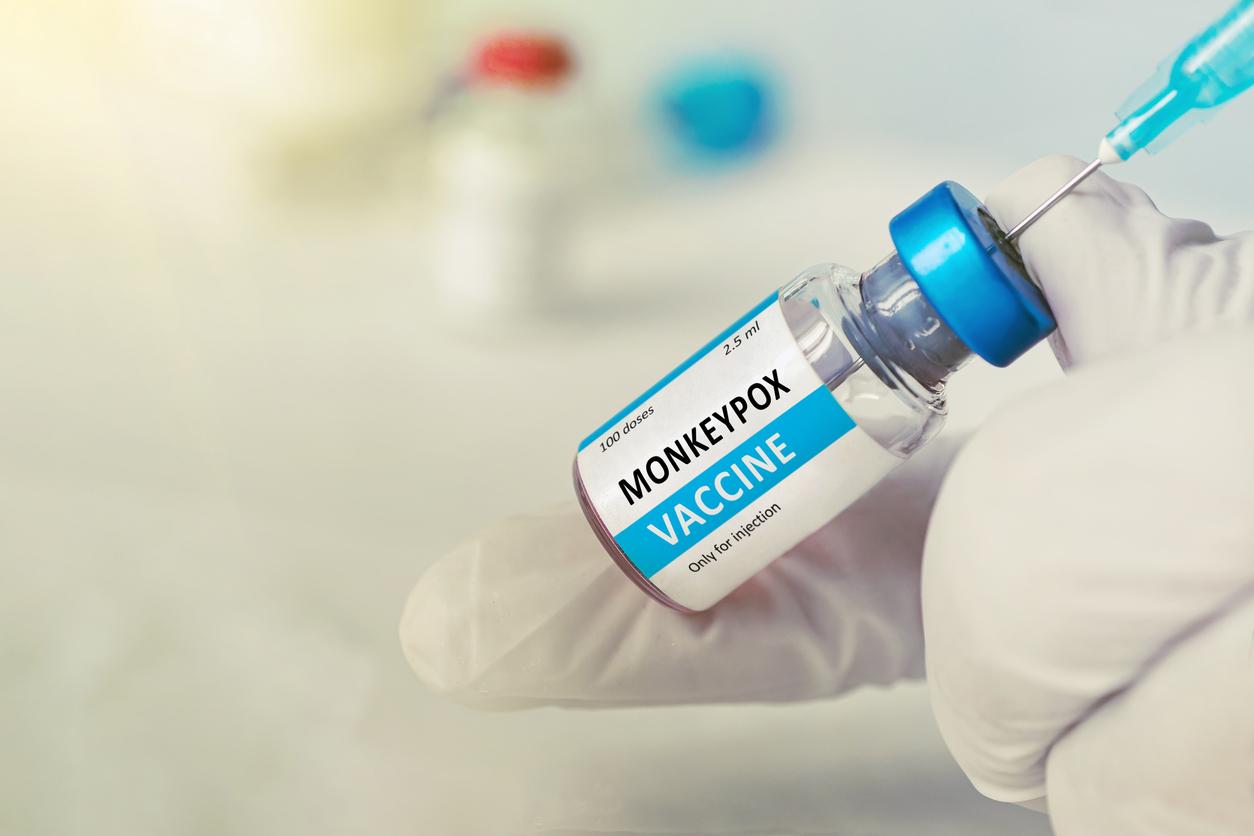From the end of 2017, many batches of Lactalis infant milk were recalled in several countries following contamination of at least 40 infants with salmonella bacteria. Where is the business? We take stock.
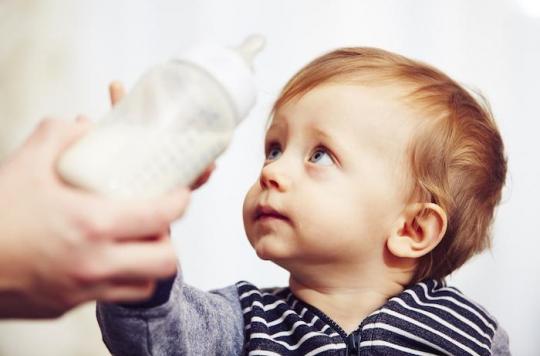
Where is the Lactalis affair? At the end of 2017, many batches of Lactalis infant milk had been recalled following contamination of at least 40 infants with the Salmonella Agona bacterium. The Paris public prosecutor’s office then opened, on December 22, 2017, a preliminary investigation for “unintentional injury”, “endangering the life of another” and “aggravated deception”.
Recently, the parents of a child who consumed infant formula contaminated with salmonella have filed a complaint for “concealing evidence” Wednesday August 29th. This follows the theft of three computers and a tablet during a burglary of a Parisian annex of the General Directorate for Competition, Consumption and Fraud Control (DGCCRF), one of the services in responsible for investigating the health scandal affecting the dairy group.
“The day when the investigations really begin, there will be nothing left”
Since then, Quentin Guillemain, who founded the association for the defense of Lactalis victims, called in February to boycott, still relevant, Lactalis products still sold in supermarkets. On Twitter, he evokes “the breach of trust” between the parents and the brand. As such and on behalf of families, he calls on “consumers to avoid buying and consuming Lactalis brand products currently on sale in France and abroad”.
More than a hundred complaints from angry parents have been filed through him, plus one for “withholding evidence”. “Our goal is to ensure that the evidence of this ultra-sensitive case stops disappearing, and that an independent investigating judge finally takes charge of this case. 10 months later, we are still at it. ‘preliminary investigation. Who stole these documents? For what purposes? The factory where the milk was contaminated has resumed production, when it should have been sealed. nothing more “, revolts the young father of the family.
Twelve violations noted
Consumers association Foodwatch, specializing in the field of food, at the same time seized the public health pole of the tribunal de grande instance of Paris, accompanied by several relatives. Together, they denounce twelve infringements which engage the responsibility of all the actors involved in the Lactalis affair: the manufacturer, the mass distribution, the laboratories but also the public authorities who were responsible for the control of the plant. “They have all failed in their obligations in terms of prevention of health risks but also in the particularly weak management of this major food crisis. Consumers have been deceived and children put in danger”, denounces Karine Jacquemart, director of Foodwatch.
The association points to the inconsistencies in the discourse of these different actors who have been rejecting responsibility for several months: of Lactalis who showed irresponsibility by buying the Craon plant (Mayenne) in 2006, knowing full well that salmonella had already infected infants, to the big brands which continued to market banned dairy products. Foodwatch in fact cites “recalls in droppings and on the sly in December, dangerous products still on sale in January despite the recalls and players who pass the buck without assuming their responsibilities”. At the end of January, Bercy said that 22 establishments and 60 e-commerce sites were still selling banned lots. This also covers the Eurofins laboratory, which carried out (and validated) the control tests on the finished products without mentioning the presence of salmonella to the authorities.
Salmonella infection can be fatal
Infection with bacteria of the genus Salmonellosis manifests itself by a gastroenteritis, sometimes acute, which usually resolves spontaneously within a few days. However, the consequences can be serious in certain sensitive populations, in particular people suffering from malnutrition, suffering from certain diseases (achlorhydria, hypochlorhydria or neoplastic disease), under treatment against gastric acidity, or even under broad-spectrum antibiotic therapy.
Finally, in infants as well as in people with weakened immune systems (autoimmune disease, immunosuppressive, immunosuppressive medical treatment, etc.), infection with Salmonella can become very serious and even fatal. “We are talking about 40 infected infants, but this figure does not correspond to reality,” Quentin Guillemain told us. “To this must be added all those who have not reacted, all those who have not done an analysis, all those whose parents have not lodged a complaint because it costs money … For me , all infants who have ingested infant milk contaminated with salmonella are victims of Lactalis. We are therefore talking about a hundred children, “he concludes.
Significant consequences for the company
At the beginning of July, the Lactalis factory received authorization to resume production of infant milk at its Craon site, and tests are underway before the milk can be marketed again. The deputies in charge of the sanitary affair have also made their report, which recommends strengthening controls and heavier penalties for failing companies.
The crisis had significant consequences for the company, particularly in terms of employment. “There is a first case on the Craon industrial site for which there is no impact on employment and from the start we have signed an agreement with the social partners to prevent any impact on the job. employment. On the commercial side, we informed the social partners that there were positions that were going to be cut because no longer selling a product for six months would have an impact on the recovery. Lactalis is a large and strong group. fortunately the size of our group allows us to experience this crisis with more serenity than if we were a medium-sized company “, summarizes Michel Nalet, spokesperson for the group.
.







